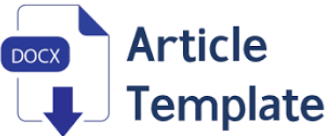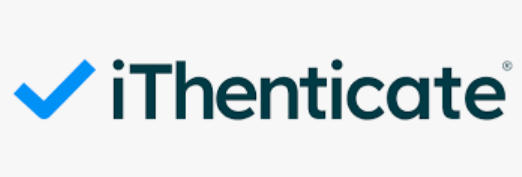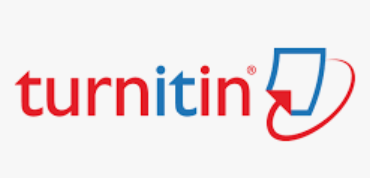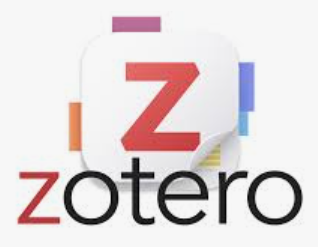KORELASI PEMBELAJARAN DARING TERHADAP PEMAHAMAN KONSEP REAKSI REDOKS
DOI:
https://doi.org/10.46368/bjpd.v2i1.301Abstract
Abstract: The research objective was to identify correlations of online learning and understanding of the concept of redox reactions. This type of research is quantitative research. The research subjects were 60 students of class X SMAN 1 Nanga Pinoh. The research instrument was a description test to determine the understanding of the concept of redox reactions and a questionnaire sheet to determine the effectiveness of online learning. The data analysis technique uses the Pearson product moment correlation. The results of the analysis showed that rcount = 0.86 9> rtable = 0.254 (5%) and 0.330 (1%). The significance value is 0.001 and the coefficient of determination is 0.96 (96%). Based on the results of the analysis, it is concluded that there is a positive correlation between online learning and understanding the concept of redox reactions. The more effective online learning is, the better your understanding of the redox reaction concept will be.
Keywords: Correlation, Online Learning, Redox Reactions
Â
Abstrak : Tujuan penelitian adalah mengindentifikasi korelasi pembelajaran daring dan pemahaman konsep reaksi redoks. Jenis penelitian adalah penelitian kuantitatif. Subjek penelitian yaitu siswa kelas X SMAN 1 Nanga Pinoh sebanyak 60 orang. Instrumen penelitian yaitu tes uraian untuk mengetahui pemahaman konsep terhadap reaksi redoks dan lembar angket digunakan untuk mengetahui keefektifan pembelajaran daring. Teknik analisis data menggunakan pearson product moment corellatio. Hasil analisis diperoleh bahwa rhitung = 0,869 > rtabel = 0,254 (5%) dan 0,330 (1%). Nilai signifikansi 0,001 dan nilai koefisien determinasi 0,96 (96%). Berdasarkan hasil analisis disimpulkan bahwa terdapat korelasi positif antara pembelajaran daring dengan pemahaman konsep reaksi redoks. Semakin efektif pembelajaran daring maka pemahaman konsep reaksi redoks juga akan semakin baik.
Kata Kunci : Korelasi, Pembelajaran daring, Reaksi Redoks
References
Anggrawan, A. (2019). Analisis Deskriptif Hasil Belajar Pembelajaran Tatap Muka dan Pembelajaran Online Menurut Gaya Belajar Mahasiswa. MATRIK: Jurnal Manajemen, Teknik Informatika Dan Rekayasa Komputer, 18(2), 339-346.
Arikunto, S. (2010). Prosedur Penelitian Suatu Pendekatan Praktek. Jakarta: Rineka cipta.
Astutik, T.P., Fariati2., & Herunata. (2017). Identifikasi Konsep Sukar dan Kesalahan Konsep Reaksi Redoks. Jurnal Zarah, 5(1), 22-28.
Dewi, W.A.F. (2020). Dampak Covid-19 terhadap Implementasi Pembelajaran Daring di Sekolah Dasar. Jurnal Ilmu Pendidikan, 2(1), 55-61.
Handarini, O.I., & Wulandari, S. S. (2020). Pembelajaran Daring Sebagai Upaya Study From Home (SFH) Selama Pandemi Covid-19. Jurnal Pendidikan Administrasi Perkantoran, 8(3), 496-503.
Hanifah., & Abadi, A. P. (2018). Hubungan antara Pemahaman Konsep dan Kecemasan Menghadapi Mata Kuliah Teori Grup dengan Prestasi Akademik Mahasiswa. Jurnal Matematika Kreatif-Inovatif, 9 (2), 156-163.
Langitasari, I. (2016). Analisis Kemampuan Awal Multi Level Representasi Mahasiswa Tingkat 1 pada Konsep Reaksi Redoks. Jurnal Kimia dan Pendidikan, 1(1), 14-23.
Sadikin, A., & Hamidah, A. (2020). Pembelajaran Daring di tengah Wabah Covid-19. Jurnal Ilmiah Pendidikan Bilogi, 6(2), 214-224.
Sadiqin, I. K., Santoso, U. T., & Sholahuddin , A. (2017). Pemahaman Konsep IPA Siswa SMP Melalui Pembelajaran Problem Solving pada Topik Perubahan Benda-Benda di Sekitar Kita. Jurnal Inovasi Pendidikan IPA, 3 (1), 52-62.
Sugiyono. 2009. Metode Penelitian Kuantitatif, Kualitatif dan R & D. Bandung: IKAPI






